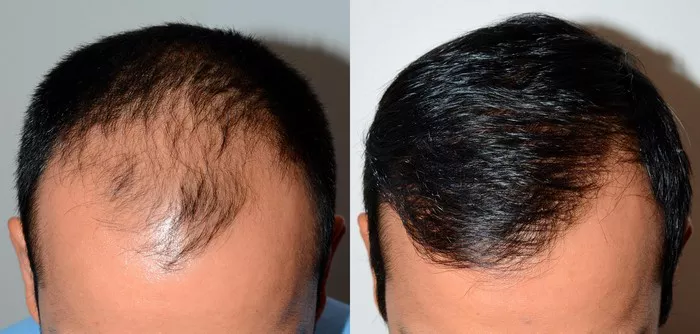The desire to restore a full head of hair through hair transplant procedures has led many individuals to explore their insurance coverage options. Blue Cross Blue Shield, one of the nation’s largest health insurance providers, is often a consideration. In this article, we will delve into the question of whether Blue Cross Blue Shield covers hair transplant procedures. Understanding the complexities of insurance coverage for hair transplants can provide individuals with valuable insights into potential reimbursement options and considerations.
What is Blue Cross Blue Shield?
Blue Cross Blue Shield (BCBS) is a federation of independent health insurance companies operating in the United States. It is one of the largest and most well-known health insurance organizations in the country. BCBS consists of 36 independent and locally operated companies, each serving specific regions or states. These companies are affiliated with the Blue Cross Blue Shield Association (BCBSA), a national association that provides services and support to its member companies. BCBS offers a range of health insurance plans, including individual, family, and employer-sponsored coverage, as well as Medicare and Medicaid plans.
See Also: FUE VS DHI hair transplant: What Is the Difference?
Blue Cross Blue Shield coverage
Blue Cross Blue Shield (BCBS) offers a variety of health insurance plans that provide coverage for various medical services and expenses. The coverage options can vary depending on the specific plan you choose and the state you live in. Generally, BCBS plans may include:
1. Medical Services:
Coverage for doctor visits, hospital stays, surgeries, and specialist consultations.
2. Prescription Drugs:
Many BCBS plans include coverage for prescription medications.
3. Preventive Care:
Coverage for preventive services like vaccinations, screenings, and wellness visits.
4. Emergency Care:
Coverage for emergency room visits and urgent medical care.
5. Lab Tests and Diagnostics:
Coverage for laboratory tests, X-rays, and other diagnostic procedures.
6. Mental Health and Behavioral Health:
Coverage for mental health services, therapy, and counseling.
It’s important to carefully review the details of the specific BCBS plan you’re considering, including the coverage details, premiums, deductibles, co-pays, and network providers. Your coverage and costs may vary based on the plan you choose and your location.
Does Blue Cross Blue Shield Cover Hair Transplant?
Coverage for hair transplant procedures under Blue Cross Blue Shield (BCBS) health insurance plans can vary depending on the specific plan you have and the medical necessity criteria. In some cases, BCBS plans may cover hair transplant procedures if they are deemed medically necessary due to conditions like alopecia areata or scarring. However, elective cosmetic procedures for hair transplant, such as those for aesthetic reasons, may not be covered. It’s important to review the details of your specific BCBS plan, consult with your healthcare provider, and inquire with your insurance company to determine if hair transplant coverage is available in your situation.
Alternative Financing Options
If your health insurance, including Blue Cross Blue Shield, doesn’t cover a hair transplant or you’re seeking alternative financing options, consider the following:
1. Healthcare Financing Companies:
Many healthcare financing companies specialize in providing loans or credit lines specifically for medical procedures, including hair transplants. These options often have flexible payment plans.
2. Medical Credit Cards:
Some credit cards are designed for medical expenses and may offer promotional financing periods or low-interest rates for a certain period.
3. Personal Loans:
Traditional personal loans from banks or online lenders can be used for medical expenses, including hair transplants. Compare interest rates and terms.
4. Crowdfunding:
Platforms like GoFundMe allow you to create fundraising campaigns to seek financial support from friends, family, or the public.
5. Medical Tourism:
Consider getting the procedure done in a country where costs are lower, but ensure you research reputable clinics and take into account travel expenses.
Before proceeding with any financing option, carefully read the terms and conditions, compare interest rates and fees, and ensure that you understand the total cost. It’s also a good idea to consult with a healthcare provider or financial advisor to determine the best approach for your situation.
Conclusion
In conclusion, the coverage of hair transplant procedures by Blue Cross Blue Shield and other insurance providers depends on factors such as medical necessity, plan specifics, and the underlying causes of hair loss. While coverage for elective cosmetic procedures is less common, those who experience hair loss due to medical conditions might find insurance assistance. It is essential to thoroughly review your insurance plan, engage in open communication with your healthcare provider, and explore alternative financing options if insurance coverage is not available. By understanding the nuances of insurance coverage, individuals can make informed decisions regarding their hair restoration journey.


